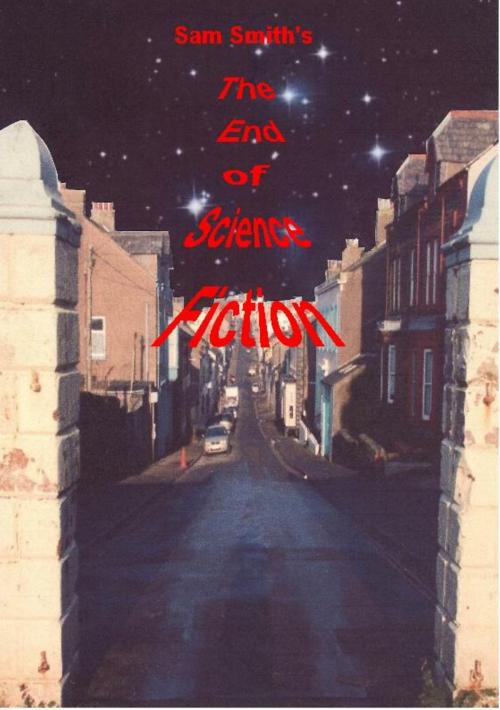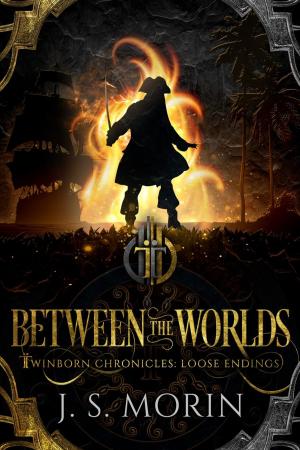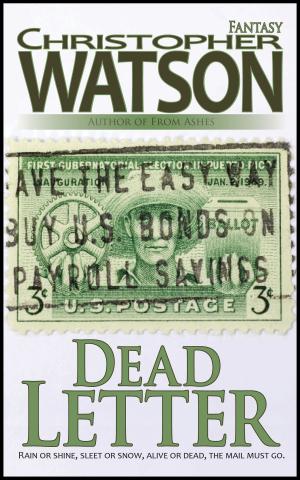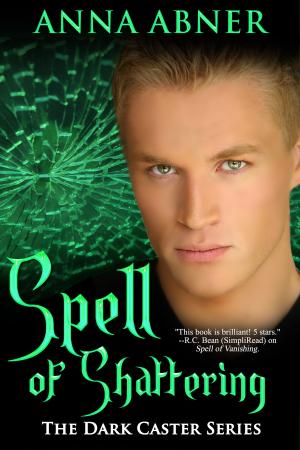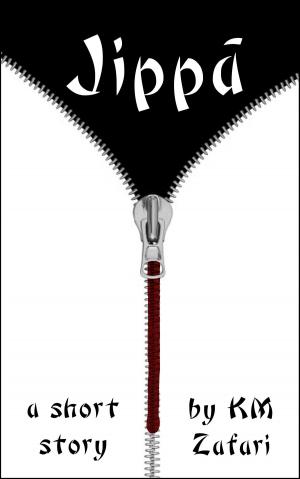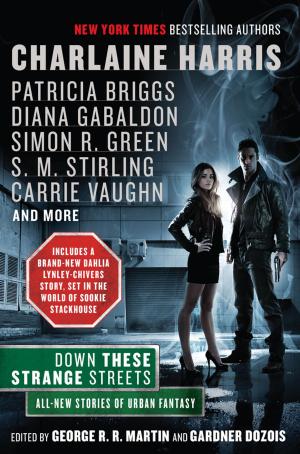| Author: | Sam Smith | ISBN: | 9781311730503 |
| Publisher: | Sam Smith | Publication: | May 4, 2015 |
| Imprint: | Smashwords Edition | Language: | English |
| Author: | Sam Smith |
| ISBN: | 9781311730503 |
| Publisher: | Sam Smith |
| Publication: | May 4, 2015 |
| Imprint: | Smashwords Edition |
| Language: | English |
Precious paperback editions of 'The End of Science Fiction' (publishers now defunct) have garnered these reviews:-
'...His prose is clear, smooth and spare. His dialogue reveals the characters' personalities. Even minor characters feel filled out and whole. All in all, a most professional job./ In a world of book reviews that overstate and overhype, one worries about excess praise, for fear that it will be dismissed. Here I am confounded -- there are no faults, no missed notes, no clumsy moves. As Coleridge said of fiction, one must willingly suspend disbelief, and perhaps for some time the initial premise may stretch credulity. For myself I always give a writer the opportunity to build the world they are trying to create and if they succeed, then the book works for me. In this case, Smith succeeds magnificently.' Miles Archer, Inscriptions Magazine
'....edgy and gripping. Written in present tense, the pace never lets up .... has a satisfying and tightly knit plot, and the fast prose style adds a strong sense of drama. Being a disaster novel, it could have easily slipped in to melodrama, but Smith keeps the story on an even keel which makes it all the more believable. Long after you've finished reading, you can't help but wonder how you would react, if faced with same frightening news.' Ebony McKenna. Speculative and Dark Fiction Magazine.
As a title The End Of Science Fiction might seem a tad self-obsessed for a novel about the end of the universe Yes, the end of the universe will sadly mean the end of science fiction, but surely that's the least of our worries? Then you realise that the end of science fiction means the closing down of the future, that all those glorious robots and spaceships and ray-guns and gleaming silver cities – all the potentialof the future – has been lost. Unlike any other literature, science fiction is nominally about becoming rather than being or having been. That, I suspect, is what author Sam Smith is driving at here: the future still-born.
The End Of Science Fiction starts as it means to go on, promptly and efficiently. We join the great and the good to hear some very bad news before meeting Detective Inspector Herbie Watkins, who has been called out to investigate the brutal murder of a young woman in central London. At the same time it becomes common knowledge that the end of the world is nigh – six days nigh, in fact – and not merely the world: the entire universe has been discovered to have played something of a cosmic trick upon us and is collapsing at breakneck speed back into a Big Crunch. Hearing the news, Watkins carries on with his job as a policeman, spending his last few days investigating the murder. He isn't insane or the 'obsessed cop' so beloved of Hollywood; neither is he so dull as to be unaware of the time limit upon his investigations. Watkins has a wife and a daughter, he is not an unhappy man; he's settled and he's tidy, and… well, what else is there to do?
Ask yourself: what would you do if you heard this news? You and everyone alive have six days to live. Everything you have ever been or done, seen or heard, everything will be destroyed as though it had never been. Nothingmatters any more. Which, for Watkins, means that everythingmatters because it's all that is left.
review by Stuart Carter
Precious paperback editions of 'The End of Science Fiction' (publishers now defunct) have garnered these reviews:-
'...His prose is clear, smooth and spare. His dialogue reveals the characters' personalities. Even minor characters feel filled out and whole. All in all, a most professional job./ In a world of book reviews that overstate and overhype, one worries about excess praise, for fear that it will be dismissed. Here I am confounded -- there are no faults, no missed notes, no clumsy moves. As Coleridge said of fiction, one must willingly suspend disbelief, and perhaps for some time the initial premise may stretch credulity. For myself I always give a writer the opportunity to build the world they are trying to create and if they succeed, then the book works for me. In this case, Smith succeeds magnificently.' Miles Archer, Inscriptions Magazine
'....edgy and gripping. Written in present tense, the pace never lets up .... has a satisfying and tightly knit plot, and the fast prose style adds a strong sense of drama. Being a disaster novel, it could have easily slipped in to melodrama, but Smith keeps the story on an even keel which makes it all the more believable. Long after you've finished reading, you can't help but wonder how you would react, if faced with same frightening news.' Ebony McKenna. Speculative and Dark Fiction Magazine.
As a title The End Of Science Fiction might seem a tad self-obsessed for a novel about the end of the universe Yes, the end of the universe will sadly mean the end of science fiction, but surely that's the least of our worries? Then you realise that the end of science fiction means the closing down of the future, that all those glorious robots and spaceships and ray-guns and gleaming silver cities – all the potentialof the future – has been lost. Unlike any other literature, science fiction is nominally about becoming rather than being or having been. That, I suspect, is what author Sam Smith is driving at here: the future still-born.
The End Of Science Fiction starts as it means to go on, promptly and efficiently. We join the great and the good to hear some very bad news before meeting Detective Inspector Herbie Watkins, who has been called out to investigate the brutal murder of a young woman in central London. At the same time it becomes common knowledge that the end of the world is nigh – six days nigh, in fact – and not merely the world: the entire universe has been discovered to have played something of a cosmic trick upon us and is collapsing at breakneck speed back into a Big Crunch. Hearing the news, Watkins carries on with his job as a policeman, spending his last few days investigating the murder. He isn't insane or the 'obsessed cop' so beloved of Hollywood; neither is he so dull as to be unaware of the time limit upon his investigations. Watkins has a wife and a daughter, he is not an unhappy man; he's settled and he's tidy, and… well, what else is there to do?
Ask yourself: what would you do if you heard this news? You and everyone alive have six days to live. Everything you have ever been or done, seen or heard, everything will be destroyed as though it had never been. Nothingmatters any more. Which, for Watkins, means that everythingmatters because it's all that is left.
review by Stuart Carter
